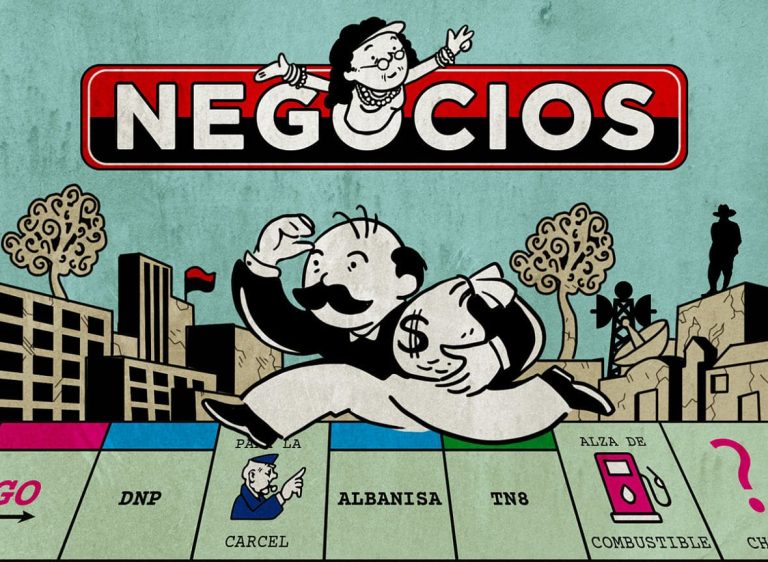LGBTQ Resources: Investigative Reports
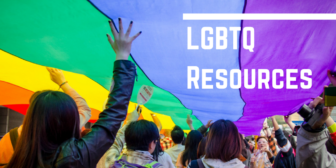 As a resource for reporting on issues affecting LGBTQ communities, GIJN has assembled a collection of exemplary investigative reporting on these topics around the world during 2017.
As a resource for reporting on issues affecting LGBTQ communities, GIJN has assembled a collection of exemplary investigative reporting on these topics around the world during 2017.
A major focus of investigative work in recent years has been on exposing violence against LGTBQ communities.
“LGBT people are suffering a crucible of egregious violations, including killings, rape, mutilation, torture, arbitrary detention, abduction, harassment, physical and mental assaults,” Vitit Muntarbhorn, the UN’s first independent expert on protection against violence and discrimination based on sexual orientation and gender identity, reported in July of 2017.
“People have become terribly afraid to talk,” Russia’s Elena Milashina told The New Yorker in a June 2017 interview while describing her reporting challenges. The investigative reporter for the newspaper Novaya Gazeta has drawn international attention to the detainment, torture and deaths of gay men in Chechnya.
Milashina’s work has come with great personal risk. Her precautions have included memorizing phone numbers of people to call for help if she was detained. She received death threats and had to temporarily flee Russia.
Here is the collection, starting with Milashina’s exposé of the purge in Chechnya.
Russia: Chechyna Anti-Gay Campaign
In April, a campaign of violence against gay men in Chechnya was exposed by Elena Milashina and her colleague Irina Gordienko of Novaya Gazeta, an independent and muckraking Russian newspaper.
 Milashina’s hard-hitting first story was titled “Убийство чести: как амбиции известного ЛГБТ-активиста разбудили в Чечне страшный древний обычай” (Honor Murder: How the Ambitions of a Well-Known LGBT Activist Awoke a Terrible Ancient Custom in Chechnya).
Milashina’s hard-hitting first story was titled “Убийство чести: как амбиции известного ЛГБТ-активиста разбудили в Чечне страшный древний обычай” (Honor Murder: How the Ambitions of a Well-Known LGBT Activist Awoke a Terrible Ancient Custom in Chechnya).
She followed up with: “Расправы над чеченскими геями: истории выживших свидетелей,” (Massacre of Chechen Gays: Stories of Witnesses Who Survived). And in July: “Это была казнь. В ночь на 26 января в Грозном расстреляли десятки людей,” (It was an Execution. On the Night of January 26, Dozens of People were Shot in Grozny).
Articles about her work were published in many places, including a New Yorker story, and one in The Washington Post, both of which contain interviews with her.
United States: Transgender Murders
Unerased: Counting Transgender Lives was reported for Mic.com by Meredith Talusan, with Mathew Rodriguez, Anna Swartz, Brianna Provenzano and Marie Solis.
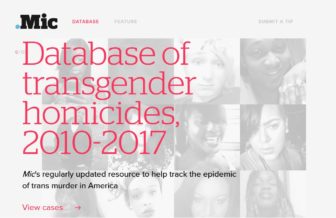 “From 2010 to 2016, at least 111 transgender and gender-nonconforming Americans were murdered because of their gender identity,” they reported. The team built a comprehensive database of transgender Americans who have died by homicide since 2010.
“From 2010 to 2016, at least 111 transgender and gender-nonconforming Americans were murdered because of their gender identity,” they reported. The team built a comprehensive database of transgender Americans who have died by homicide since 2010.
“We talked to dozens of victims’ loved ones and family members, professionals in charge of tracking transgender murders, activists who work to end the violence, lawyers, law enforcement officers and social scientists,” they wrote. “Our goal was to find out more about each victim and identify patterns that could help combat the problem.”
The article was the 2017 winner of the Al Neuharth Award, sponsored by NLGJA – The Association of LGBTQ Journalists.
Australia: 30 Unsolved Murders
In Australia, reporter Rick Feneley of SBS wrote about gay hate crimes in “The Gay Hate Decades.” “The great frustration,” he said, was that there were 80 cases to choose from. He chronicled 30 unsolved deaths, using court records and interviews, showing that the police failed to check even basic details.
 Feneley’s profiles of the victims are dramatically displayed using drone footage, interactive maps and photographs. (See article about the graphics.)
Feneley’s profiles of the victims are dramatically displayed using drone footage, interactive maps and photographs. (See article about the graphics.)
He was asked, “For a lot of journalists incorporating all of these digital elements into a piece might be intimidating. What would you say to those people?”
“Well I just think that most good journalism and most good results come from time and effort. So clearly you can’t (do this) if you have to do quick turnarounds. But wherever you can afford the time, the power of the work can be lifted so much with this sort of treatment. So don’t shy away from the hard yards, do the hard work and you get the reward.”
China: “Corrective” Therapy Spreads
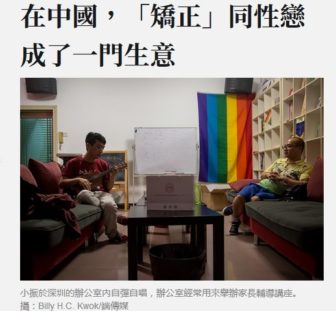 From China, Li Guo and Li Shihui wrote an article for Initium, a Hong Kong-based digital news site, about treatments to correct sexual orientation and a gray industry that has been created.
From China, Li Guo and Li Shihui wrote an article for Initium, a Hong Kong-based digital news site, about treatments to correct sexual orientation and a gray industry that has been created.
“在中國,「矯正」同性戀成了一門生意” (In China, Gay “Correction” Is Now A Business) combines interviews with those who run unregulated conversion treatment centers, evidence that it is ineffective, as well as personal stories of those who have been treated.
United Kingdom: Chemsex and Abuse
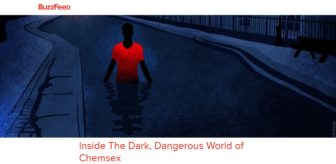 In London, Max Daly of VICE UK this year continued Vice’s coverage of “male sex parties, often organized on dating apps, which are fueled by mephedrone, G and crystal meth,” which he describes in “London’s Chemsex Scene Can Be Dark and Deadly.”
In London, Max Daly of VICE UK this year continued Vice’s coverage of “male sex parties, often organized on dating apps, which are fueled by mephedrone, G and crystal meth,” which he describes in “London’s Chemsex Scene Can Be Dark and Deadly.”
Daly in turn references an extraordinary 2016 portrait of the chemsex scene done for BuzzFeed by Patrick Strudwick, “Inside the Dark and Dangerous World of Chemsex.”
Suggestions for additions are welcome. Please write us here.





